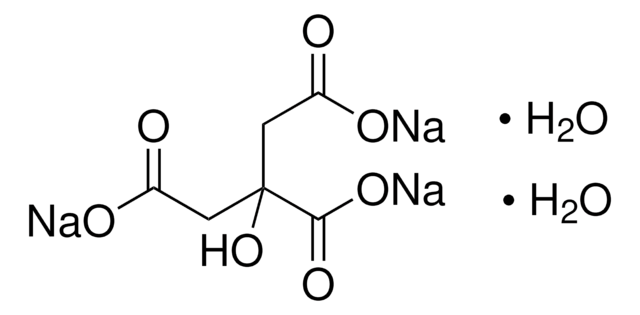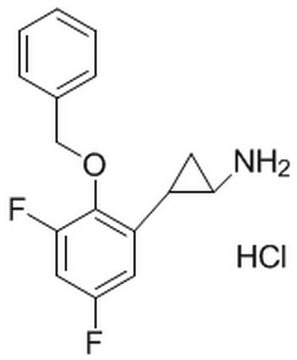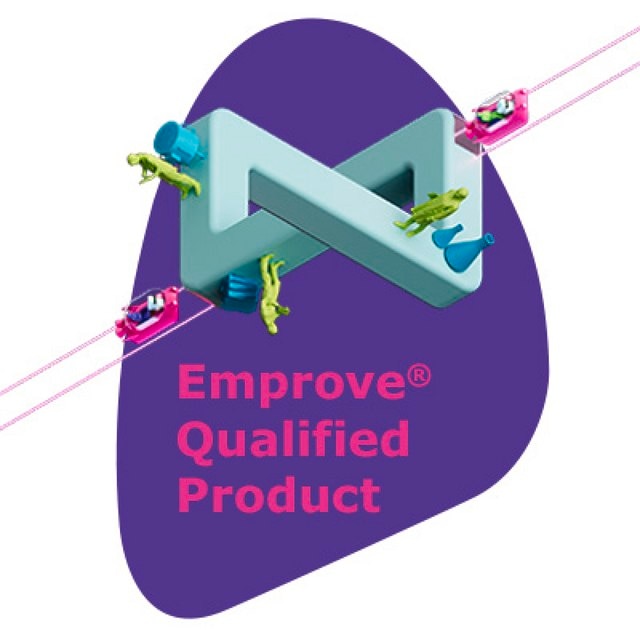567446
Sodium citrate, dihydrate
Molecular Biology Grade
Synonym(s):
Sodium citrate tribasic dihydrate, Citric acid trisodium salt dihydrate, Trisodium citrate dihydrate
About This Item
Recommended Products
grade
Molecular Biology
Quality Level
assay
≥99% (titration)
form
crystalline solid
manufacturer/tradename
Calbiochem®
storage condition
OK to freeze
color
white
pKa (20 °C)
6.40
mp
>300 °C (lit.)
solubility
water: 100 mg/mL
cation traces
heavy metals: ≤0.001%
heavy metals (as Pb): ≤0.001%
absorption
≤0.015 at 260 nm
≤0.015 at 280 nm
foreign activity
DNases, proteases, RNases, none detected
shipped in
ambient
storage temp.
15-25°C
SMILES string
O.O.[Na+].[Na+].[Na+].OC(CC([O-])=O)(CC([O-])=O)C([O-])=O
InChI
1S/C6H8O7.3Na.2H2O/c7-3(8)1-6(13,5(11)12)2-4(9)10;;;;;/h13H,1-2H2,(H,7,8)(H,9,10)(H,11,12);;;;2*1H2/q;3*+1;;/p-3
InChI key
NLJMYIDDQXHKNR-UHFFFAOYSA-K
Looking for similar products? Visit Product Comparison Guide
General description
Application
- Study on the preparation of ascorbic acid reduced ultrafine copper powders in the presence of different protectants and the properties of copper powders based on methionine protection.: This research utilizes sodium citrate dihydrate as a protective agent in the synthesis of ultrafine copper powders, enhancing their stability and properties for potential applications in catalysis and electronics (Ke X et al., 2024).
- Optimization of micro-QuEChERS extraction coupled with gas chromatography-mass spectrometry for the fast determination of phthalic acid esters in mussel samples.: Sodium citrate dihydrate is employed in the extraction process for the detection of phthalic acid esters in mussels, demonstrating its effectiveness in analytical chemistry and environmental monitoring (Carro N et al., 2023).
- New butanolide derivatives from the marine derived fungus Aspergillus terreus GZU-31-1 by chemical epigenetic manipulation.: This study highlights the role of sodium citrate dihydrate in the isolation and characterization of new bioactive compounds from marine fungi, contributing to natural product research and drug discovery (Zhou Y et al., 2024).
- PEGylated Gold Nanoparticles Grafted with N-Acetyl-L-Cysteine for Polymer Modification.: Sodium citrate dihydrate is used as a reducing agent in the synthesis of PEGylated gold nanoparticles, which are then applied for polymer modification, highlighting its applications in nanotechnology and materials science (Fajstavr D et al., 2021).
- Characterization of sodium tripolyphosphate and sodium citrate dehydrate residues on surfaces.: This research focuses on the characterization of residues of sodium citrate dihydrate on surfaces, providing insights into its applications in surface chemistry and industrial cleaning processes (Gurses MS et al., 2018).
Warning
Reconstitution
Legal Information
Storage Class
11 - Combustible Solids
wgk_germany
WGK 1
flash_point_f
Not applicable
flash_point_c
Not applicable
Certificates of Analysis (COA)
Search for Certificates of Analysis (COA) by entering the products Lot/Batch Number. Lot and Batch Numbers can be found on a product’s label following the words ‘Lot’ or ‘Batch’.
Already Own This Product?
Find documentation for the products that you have recently purchased in the Document Library.
Customers Also Viewed
Our team of scientists has experience in all areas of research including Life Science, Material Science, Chemical Synthesis, Chromatography, Analytical and many others.
Contact Technical Service

